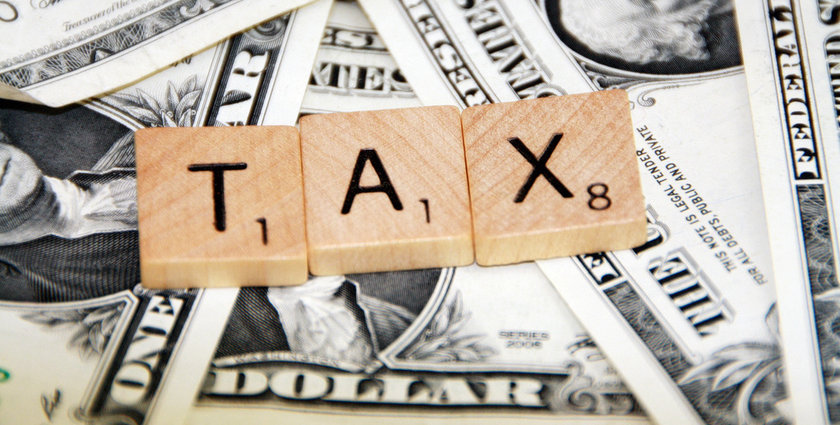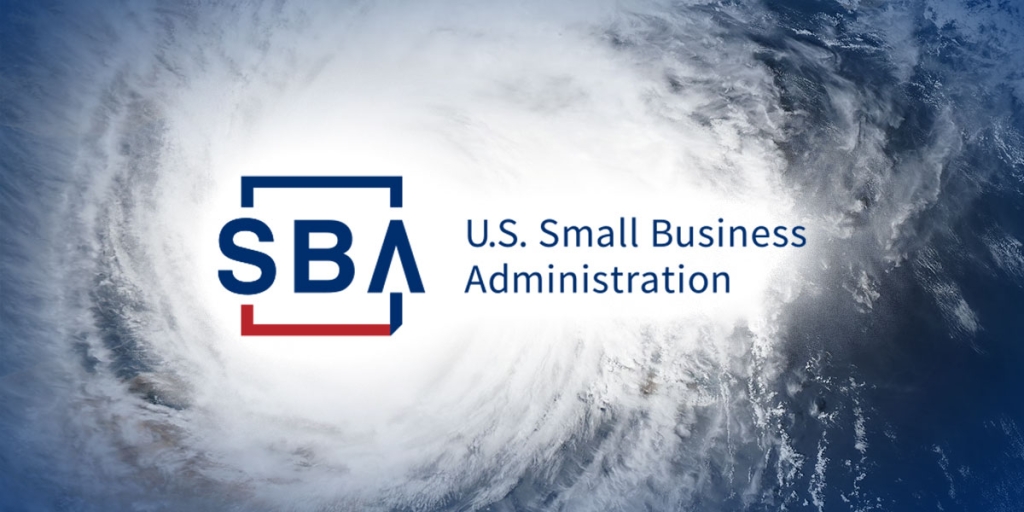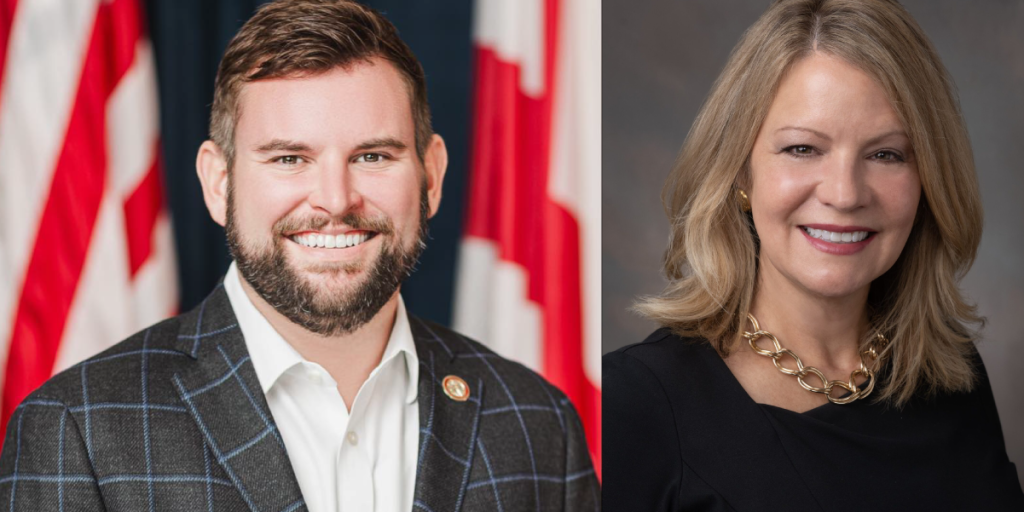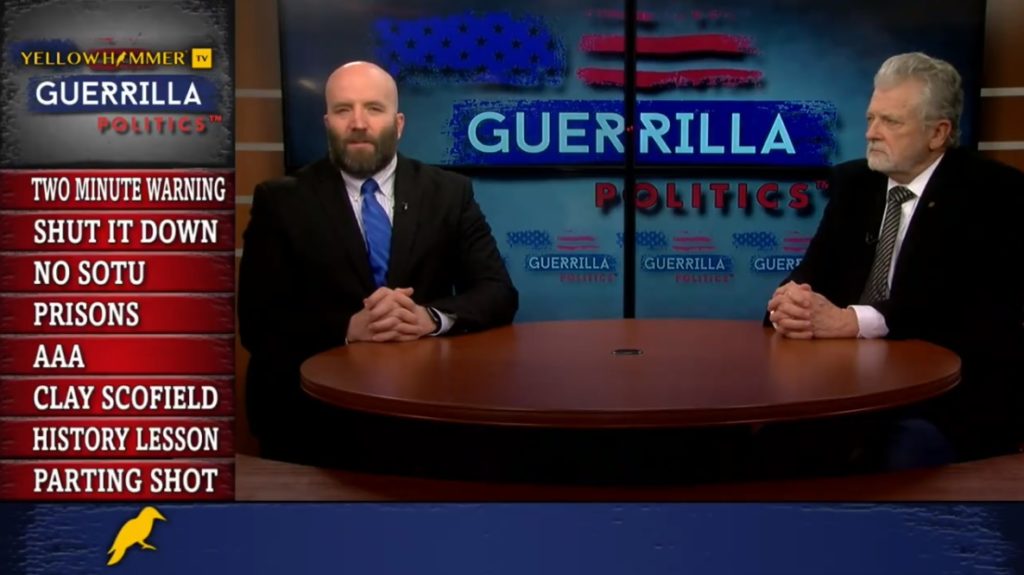A group of distinguished economists, including Nobel prize winners and past Council of Economic Advisors members, recently supported a carbon tax. While the economic case for such a tax is strong, I nonetheless think the policy is ill-advised. Today let’s consider the economics of a carbon tax.
A carbon tax would limit emissions of greenhouse gases, most notably carbon dioxide, due to their impact on global warming. The tax differs only subtly in effect from the “cap and trade” policy considered by Congress in 2010; I will not consider the differences here. A tax is probably the best way to limit greenhouse gases if we choose.
The economists propose replacing regulations and other policies to limit fossil fuels or encourage alternative energy – from the Clean Power Plan to tax credits for electric cars – with the carbon tax. This makes perfect sense. The pollution problem arises because actions like burning gasoline in a car effectively use clean air without the driver or oil company having to pay for it. The price is too low, resulting in too much pollution.
Economist A. C. Pigou hit upon a solution almost a century ago. Tax the good, or better yet the pollution, the amount of damage to the environment. The tax gets reflected in the price, and we can then let prices coordinate economic activity and protect the environment.
Prices never prohibit any activity for which someone is willing and able to pay. This is a huge advantage relative to regulation. A carbon tax ensures that we can use fossil fuels for highly valued activities like powering jet planes or running generators for hospitals during blackouts. Regulations often prohibit highly valued uses, causing significant costs.
Quantifying environmental damage is always challenging, and the impacts of global warming will not occur for decades. Any tax we impose now must rely on climate models to estimate future impacts. Integrated Assessment Models pioneered by 2018 Nobel Prize-winning economist William Nordhaus show how to value the estimated climate impacts.
Economic analysis shows that the carbon tax should increase over time. Fossil fuels become more expensive in a predictable manner. These rising prices provide the incentive to invest in electric cars or solar or wind energy without direct subsidies.
A carbon tax would also hit “alternatives” to fossil fuels generating significant carbon dioxide emissions. Ethanol blends corn with gasoline and is subsidized as a clean fuel. Yet growing corn uses fossil fuels to power tractors, harvesters, and irrigation equipment. We can avoid wasting money on politically favored non-solutions.
Using pollution taxes to fund government offers another benefit. When we tax anything, we get less of it. Taxing income, investment, or employment leaves us with less of things which drive prosperity. Each dollar in taxes raised costs the economy more than a dollar. When we tax pollution, we get less of a bad thing.
The economists propose rebating carbon tax revenue to Americans as a climate dividend. This also makes sense. A carbon tax will increase energy prices and poor Americans spend more of their income on energy than others. A carbon tax would be regressive, falling more heavily on lower income families.
Each household’s climate dividend would be an equal share of the tax revenue. Poorer households spend a larger share of their income on energy, but high-income households consume more energy. Low-income households should receive a dividend larger than carbon tax paid.
Rebating the revenue might seem to just reverse the tax. Yet this is not true provided that the revenue is not refunded exactly as collected. If paying an extra $50 tax increases our climate dividend by exactly $50, then the refund cancels the tax. If I pay an extra $50 tax, it will be divided among more than 100 million households, so effectively I get none of it back.
A carbon tax makes economic sense, particularly if we eliminate other climate change regulations and alternative fuels subsidies. But the political process does not always employ policies as economists suggest. There’s more to this story than just economics, although the rest of the story will have to wait until next time.
Daniel Sutter is the Charles G. Koch Professor of Economics with the Manuel H. Johnson Center for Political Economy at Troy University.













